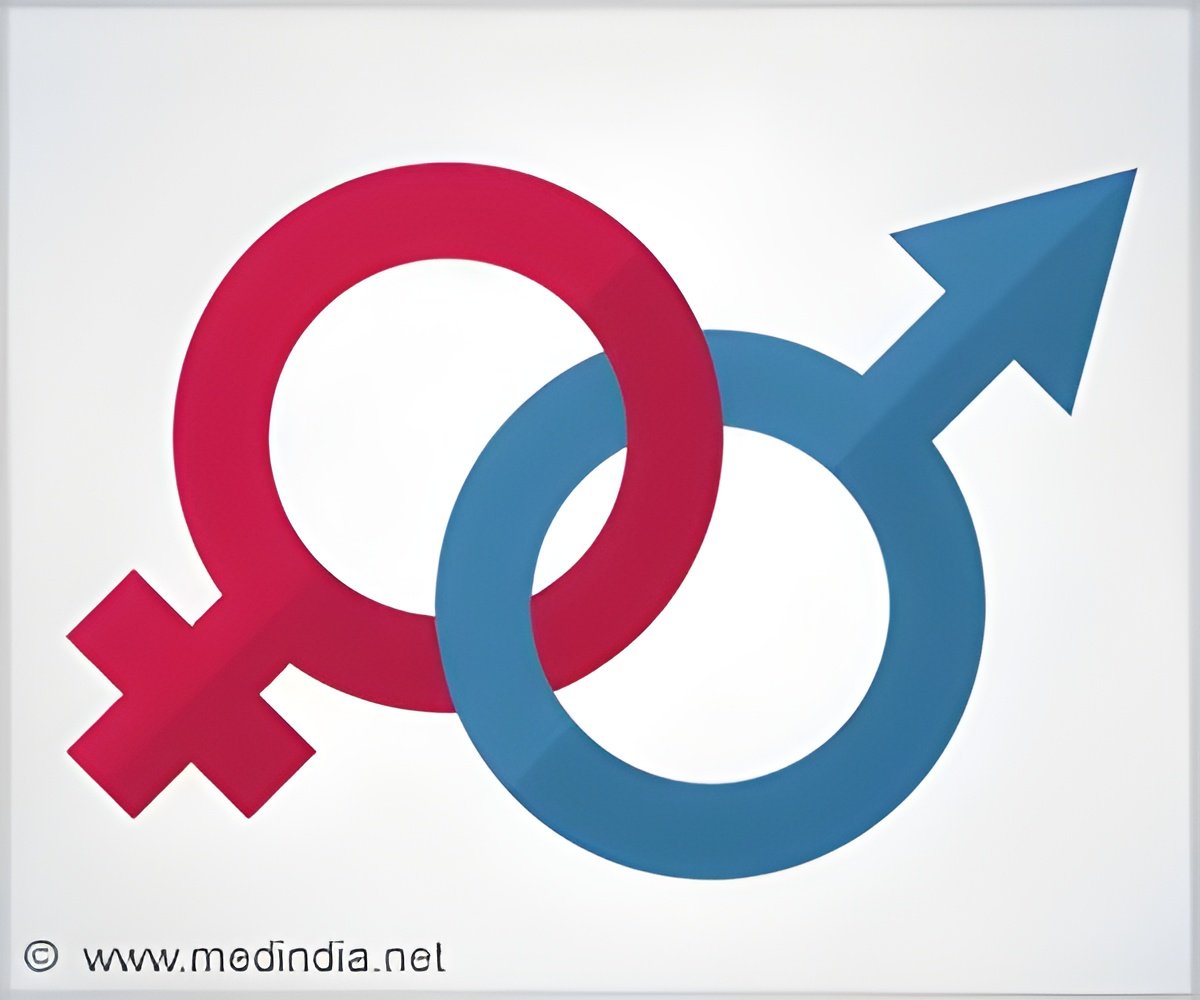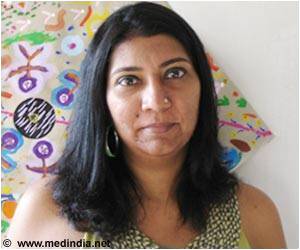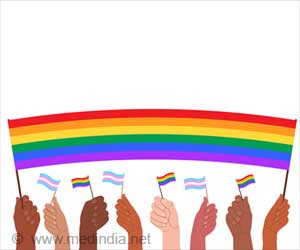New scientific research suggests that people’s sexual orientation can change after reading articles about the nature of sexual orientation. This also shows that sexuality exists on a spectrum.

Lead author, Dr James Morandini, said: “Did we change people’s sexual orientation via our interventions? Surely not. I think our study may have changed how people interpreted their underlying sexual feelings. This means two people with identical sexual orientations could describe their sexual orientation quite differently, depending on whether they have been exposed to fluid or continuous ways of understanding sexuality”.
All participants self-identified as ‘straight’ before the study began. Compared to a control group, after reading the first article, 28 percent participants identified them as non-exclusively heterosexual, and 19 percent indicated they would more likely to be willing to engage in same-sex sexual activities.
Overall, the rate of ‘non-exclusive heterosexuality’ quadrupled after this activity. Similar effects were found when people read that sexual orientation is better characterized as fluid than stable throughout life.
The study‘s senior author, Associate Professor Ilan Dar-Nimrod from the School of Psychology, said: “This is not that surprising given that ‘non-exclusive heterosexuals’ (as opposed to bisexual, gay or lesbian individuals), although being the biggest same-sex attracted group, are not well captured in our society’s representations and even vernacular”.
The social value that our society attaches to these labels are important. Such a shift may have far-reaching implications. It also suggests that certain level of same-sex sexual attraction may be much more common than previously estimated.
Source-Medindia










